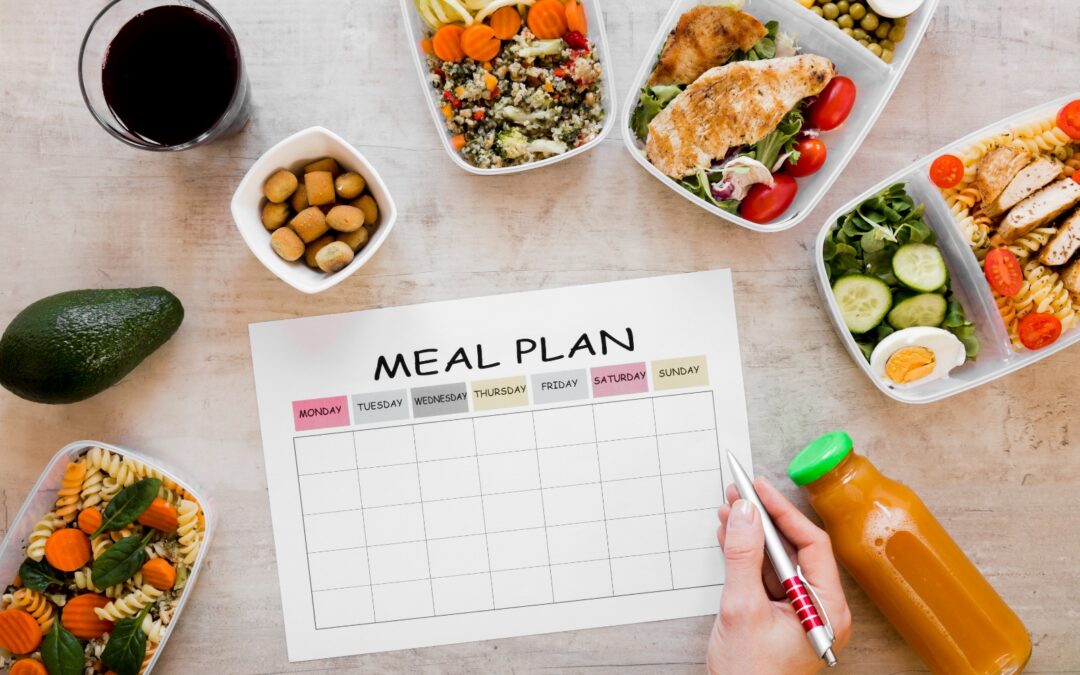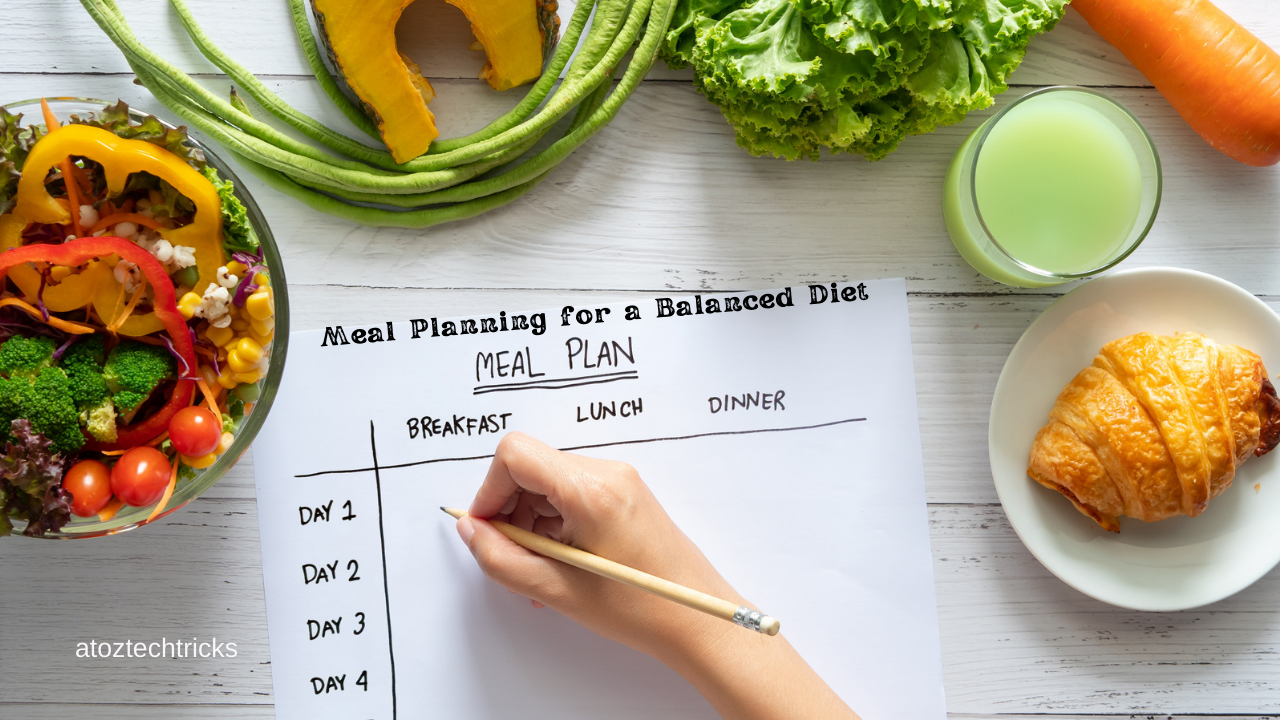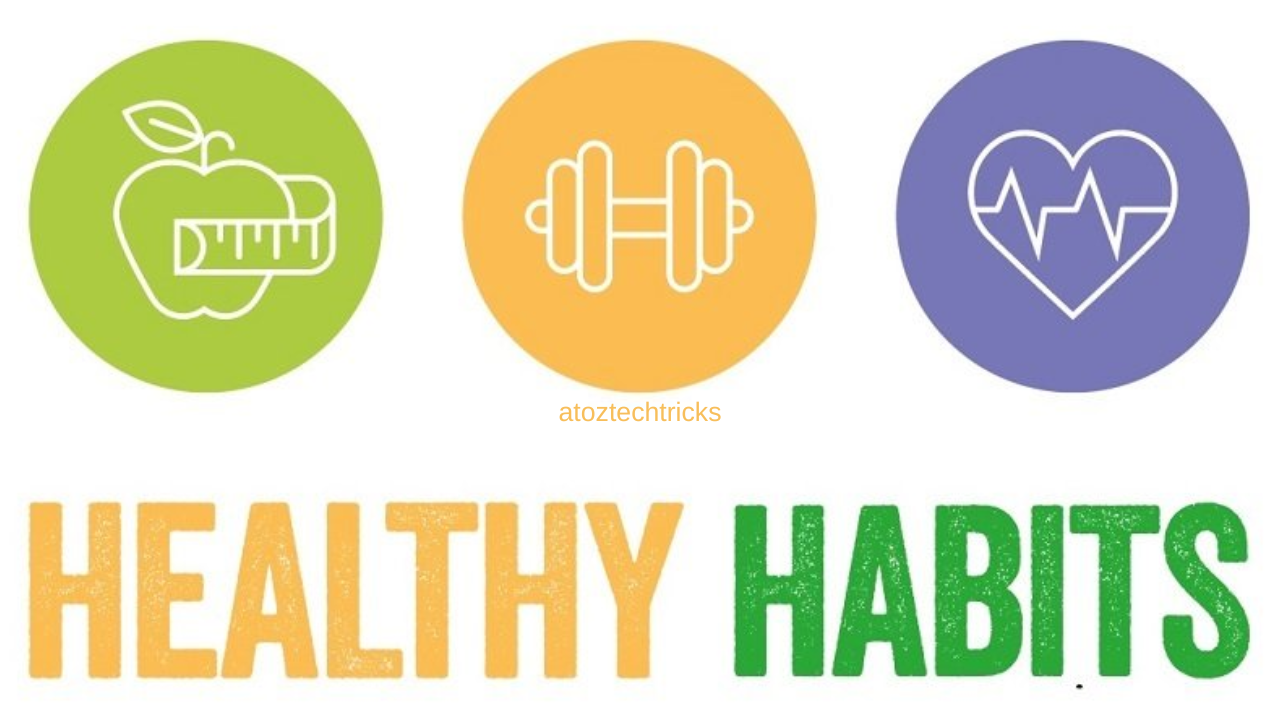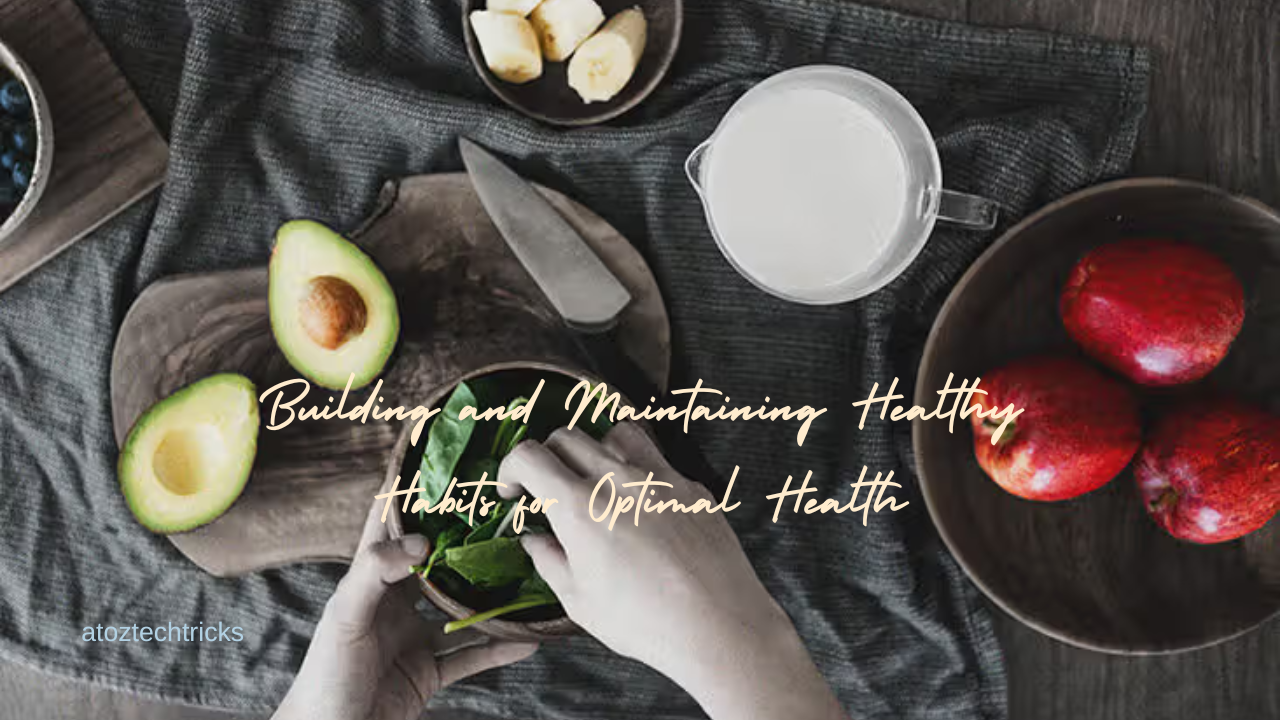Meal Planning for a Balanced Diet: A Comprehensive Guide
Maintaining a balanced diet is crucial for overall health and well-being. One effective way to ensure you’re getting the right nutrients is through meal planning. This guide will explore the benefits of meal planning, strategies for creating a balanced diet, and practical tips to make the process easier and more effective.
Meal planning involves preparing your meals ahead of time, which helps ensure you’re consuming a variety of nutrients and sticking to your dietary goals. Whether you’re trying to lose weight, build muscle, or simply eat healthier, a well-structured meal plan can make a significant difference.
:max_bytes(150000):strip_icc()/7-day-meal-plan-to-lose-weight-1200-calories-616656831dc443899129ed016a0a3df5.jpg)
Benefits of Meal Planning
1. Promotes Nutritional Balance
Meal planning allows you to ensure that each meal contains a mix of proteins, carbohydrates, fats, vitamins, and minerals. This helps avoid deficiencies and imbalances that can occur with random eating habits.
2. Saves Time and Money
By planning your meals, you can streamline your grocery shopping and reduce food waste. It also minimizes the temptation to eat out or order takeout, which can be more expensive and less healthy.
3. Reduces Stress
Knowing what you’ll be eating each day eliminates the daily decision-making stress. It simplifies your life by removing the need to think about what to cook on busy days.
4. Supports Health Goals
Whether you’re aiming for weight loss, muscle gain, or managing a health condition, meal planning helps you stick to your dietary goals by providing structure and accountability.
Healthy Eating on a Budget: Tips and Strategies for a Nutritious Diet
Understanding a Balanced Diet
A balanced diet provides your body with the necessary nutrients to function optimally. It typically includes:
1. Proteins
Proteins are essential for muscle repair, immune function, and overall health. Sources include lean meats, poultry, fish, eggs, beans, and legumes.
2. Carbohydrates
Carbohydrates are the body’s primary energy source. Opt for complex carbs like whole grains, fruits, and vegetables, which provide sustained energy and essential nutrients.
3. Fats
Healthy fats support brain function and hormone production. Include sources such as avocados, nuts, seeds, and olive oil, while limiting saturated and trans fats.
4. Vitamins and Minerals
These are crucial for various bodily functions. Eat a variety of fruits and vegetables to ensure you’re getting a broad range of vitamins and minerals.
5. Water
Staying hydrated is vital for all bodily functions. Aim to drink plenty of water throughout the day and adjust based on your activity level and climate.

Steps to Effective Meal Planning
1. Assess Your Nutritional Needs
Understanding your nutritional requirements is the first step in meal planning. Consider factors such as age, sex, activity level, and health goals. For personalized advice, consult a registered dietitian or nutritionist.
2. Plan Your Meals
Create a Weekly Menu
Plan your meals for the week, including breakfast, lunch, dinner, and snacks. Ensure each meal includes a balance of proteins, carbs, and fats. Consider variety to keep your diet interesting and prevent nutrient gaps.
Include Seasonal Ingredients
Using seasonal fruits and vegetables can enhance the flavour of your meals and reduce costs. Check local farmers’ markets or grocery stores for the best seasonal produce.
Incorporate Easy Recipes
Choose recipes that are not only nutritious but also simple to prepare. Look for meals that can be made in bulk and stored for several days, like soups, stews, or casseroles.
3. Create a Shopping List
List Ingredients
Based on your weekly menu, create a shopping list of all the ingredients you need. Group items by category (e.g., produce, dairy, meat) to make shopping more efficient.
Check Your Pantry
Before heading to the store, check your pantry and refrigerator for items you already have. This helps avoid duplicate purchases and reduces food waste.
4. Prep and Cook Efficiently
Meal Prep
Consider dedicating a day or time during the week to meal prep. This can include chopping vegetables, cooking grains, or preparing proteins. Store prepped ingredients in airtight containers for easy access.
Batch Cooking
Cook large batches of meals that can be portioned out for several days. This saves time during busy weekdays and ensures you have healthy options readily available.
Use Time-Saving Appliances
Utilize appliances like slow cookers, pressure cookers, or air fryers to make cooking faster and more convenient.
5. Stay Flexible
Adapt to Changes
Life is unpredictable and sometimes plans change. Be prepared to swap out ingredients or meals based on your schedule or availability of ingredients.
Listen to Your Body
Adjust your meal plan based on how your body responds. If you’re feeling hungry or low on energy, you might need to tweak portion sizes or include more nutrient-dense foods.

Tips for Success
1. Involve the Family
Getting family members involved in meal planning and preparation can make the process more enjoyable and ensure everyone’s preferences are considered. It also teaches valuable cooking skills and encourages healthier eating habits.
2. Experiment with New Foods
Keep your meals exciting by trying new recipes or ingredients. This can also help you discover new favourites and incorporate a wider range of nutrients into your diet.
3. Stay Organized
Maintain a meal planning binder or digital app to keep track of your menus, recipes, and grocery lists. This helps streamline the process and makes it easier to stay on track.
4. Monitor Your Progress
Regularly assess how your meal planning is impacting your health and well-being. Adjust your plan as needed based on your progress and feedback from your body.
5. Be Patient
Developing effective meal-planning habits takes time. Be patient with yourself and make gradual changes to your routine. Over time, meal planning will become a natural part of your lifestyle.
Understanding Macros and Micros: Importance for Optimal Health
Meal planning is a powerful tool for achieving and maintaining a balanced diet. By following the steps outlined in this guide, you can ensure that you’re getting the right nutrients, saving time and money, and reducing stress. Remember to stay flexible and patient as you develop your meal-planning routine. With practice, it will become an integral part of your healthy lifestyle.
Implementing these strategies will help you create a nutritious and enjoyable meal plan, leading to improved health and well-being. Happy meal planning!




Post Comment